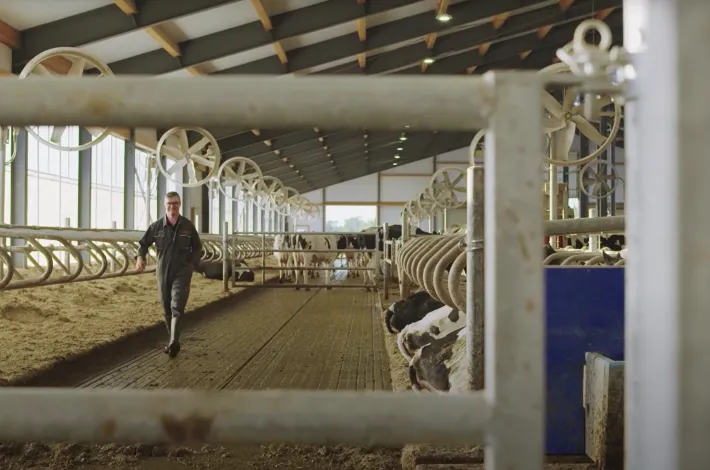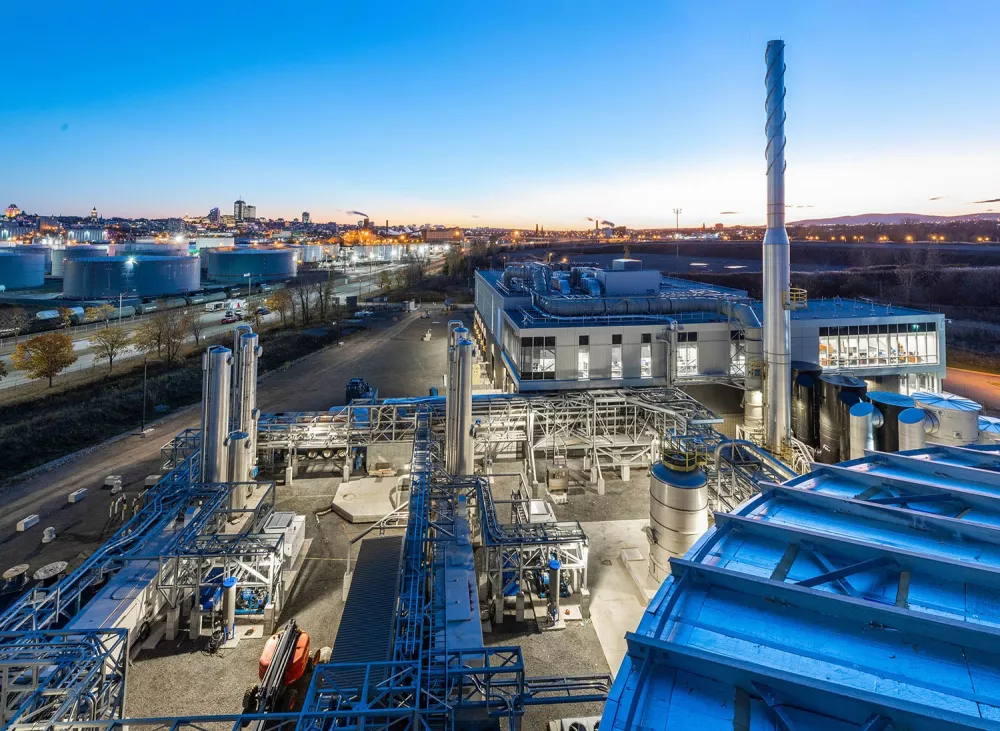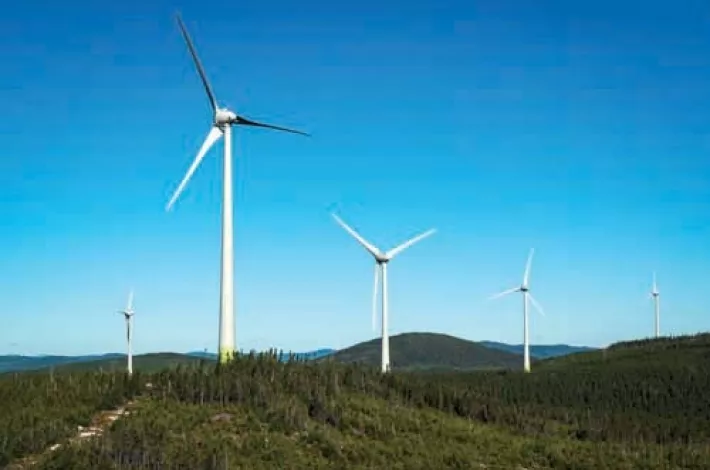
Energy, Sustainable development
Coop Agri-Énergie Warwick, a model of environmentally responsible agriculture
Énergir and Québec, united for waste recovery
Ever heard of the Centre de biométhanisation de l’agglomération de Québec (CBAQ)? This new facility that opened in early 2024 is producing renewable natural gas (RNG) that’s injected into Énergir’s system under a 20-year agreement between Québec and the distributor.
What exactly is biomethanation?
Biomethanation is the process of converting table scraps, sludge from wastewater treatment or manure and slurry from livestock into biogas. These organic materials break down and produce biogas in huge tanks called biodigesters. This biogas is then purified into RNG and injected into the gas distribution system.
Everyone wins
The CBAQ is good news for everyone. Biomethanation has many benefits.
The energy of change
The creation of the CBAQ and the RNG injection agreement between the City of Québec and Énergir are part of a decarbonization process that is helping to drive Québec’s energy
[1] The circular economy aims to optimize the use of resources at all stages of the life cycle of a good or service, in a circular logic, while reducing the carbon footprint and contributing to the well-being of individuals and communities (Source: Pôle québécois de concertation sur l’économie circulaire).

Energy, Sustainable development
Coop Agri-Énergie Warwick, a model of environmentally responsible agriculture
Energy, Sustainable development
Énergir and Boralex join forces to produce wind energy
Energy, Sustainable development
Énergir and Hydro-Québec join forces for a more sustainable future